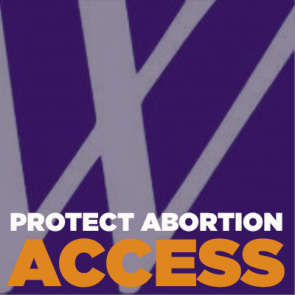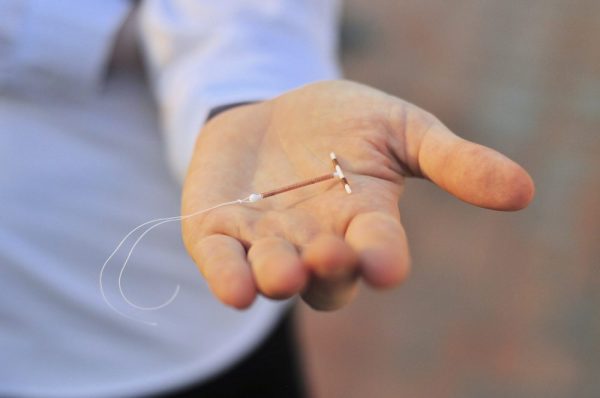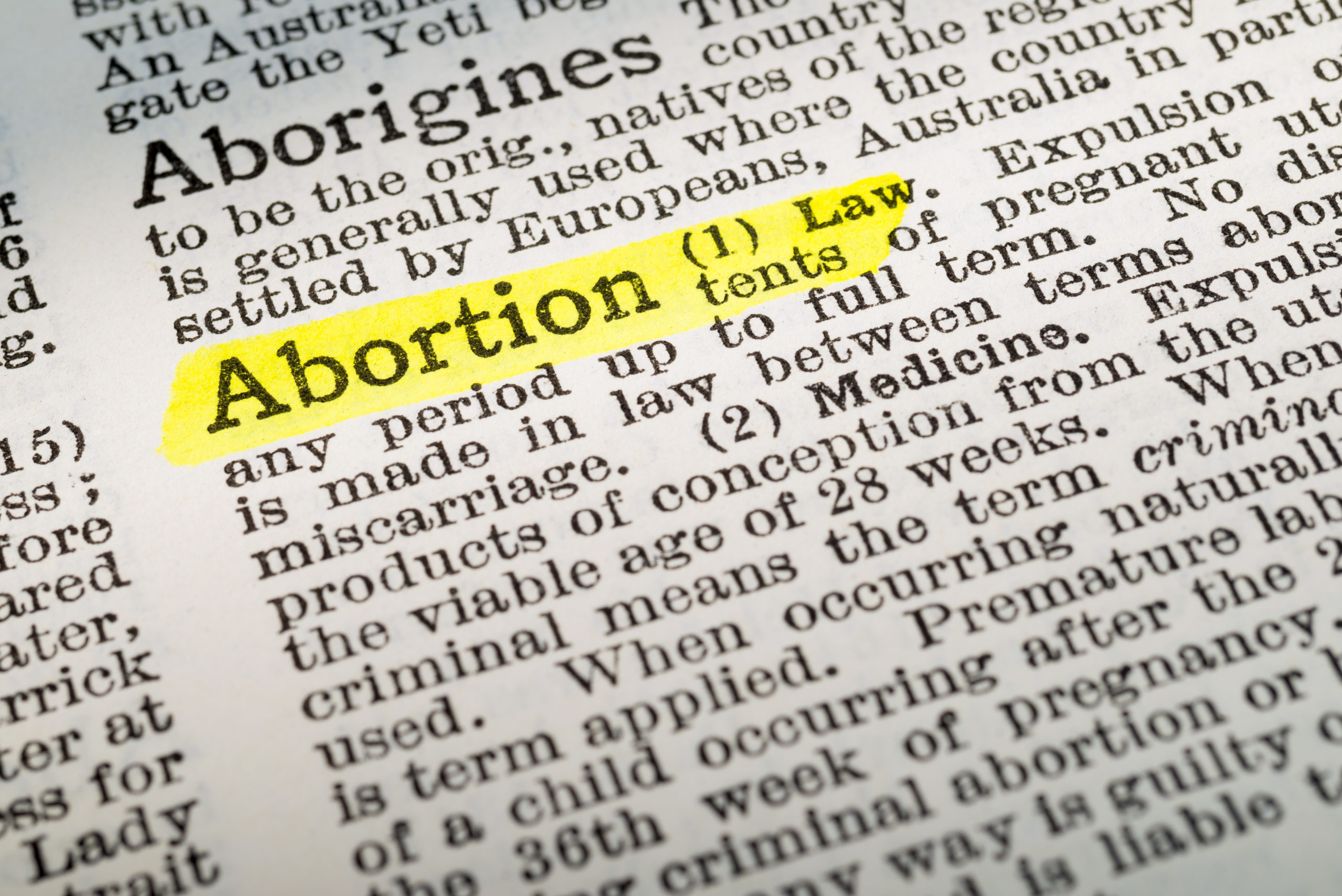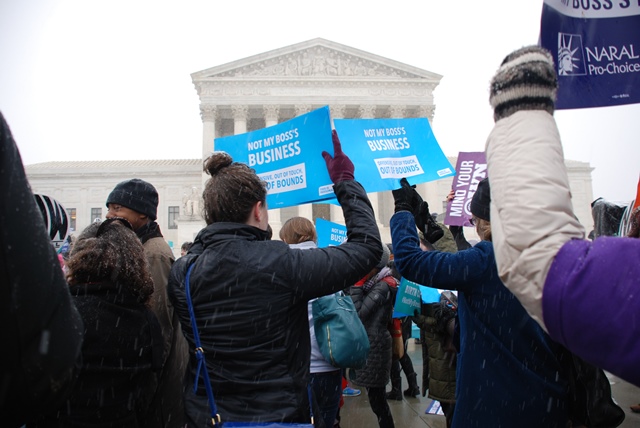Abortion rights, women of color, and LGBTQI+ people are under attack. Pledge to join us in fighting for gender justice.
Roe: Past, Present, and Future
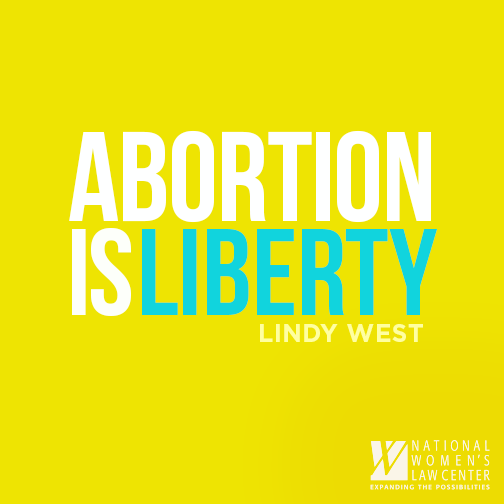
Reproductive rights advocates have been speaking out for weeks about how the Trump Administration’s nomination of Judge Kavanaugh to the Supreme Court would spell trouble for the future of reproductive rights. The public is concerned that abortion access is at risk, which makes sense given that, while a majority of voters support abortion rights, Trump has promised to appoint justices who would “automatically” overturn Roe v. Wade, and his nominee, Judge Kavanaugh, would turn the balance of the Supreme Court against women’s constitutional rights, including abortion. Just yesterday, leaked documents showed that Kavanaugh doesn’t think Roe v. Wade is settled law, or that its protections are safe from being overturned. This week, as Judge Kavanaugh’s confirmation hearing is underway, while he refuses to answer questions about the right to abortion, many are thinking about – and protesting about – what would happen if Roe was gutted or overturned.
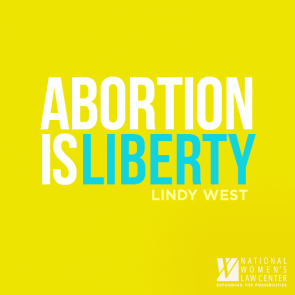
Women have – and will – always need access to abortion, regardless of the legality of the procedure. Pre-Roe, the illegality of abortion meant that many women, desperate to end their pregnancies, would pursue illegal abortion, often by unsafe means. That’s why the National Women’s Law Center recently released “She’s Not Free”: Doctors Reflect on a Pre-Roe World, a short report that details abortion pre-Roe, as told by doctors that were practicing medicine during that time, like Dr. P and Dr. Warren Hern:
In describing his residency training pre-Roe, Dr. P. said, “I went to two funerals of two women that had illegal abortions. One rolled into our emergency room with a couple feet of intestines coming out of her vagina, and the other died under our care whose sister tried to abort her with knitting needles.”
– Dr. P
“As a medical student in the early ‘60s, I was regularly taking care of women who were suffering and dying from the complications of illegal abortions. There was a woman who had been turned down for an abortion at a nearby hospital. She went home and shot herself in the uterus and then drove herself back to the hospital.”
– Dr. Warren Hern
Roe was significant for women’s freedom and autonomy, and access to abortion. But, today, Roe and access to abortion isn’t a reality for many women, especially women of color, women struggling to make ends meet, and rural women. This is largely due to the way that the Supreme Court has undermined the protections of Roe in its abortion-related decisions post-Roe. Our new factsheet, “A Dire Situation for Women: The Future of Roe’s Legal Protections if Judge Kavanaugh Joins the Supreme Court” details the ways in which the Court has impacted access, and how a change in the make-up of the Court could further obstruct access. Whether the newly constituted Court with Judge Kavanaugh would overturn Roe or profess to uphold the right to abortion while severely undermining it, the result would be dire for women in this country.
The threat to Roe v. Wade under a Court with Judge Kavanaugh is not just hypothetical. There are a number of abortion-related cases in the pipeline to the Supreme Court, and this is no accident. It is part of a deliberate strategy by anti-abortion extremists to bring a case to a newly constituted Supreme Court. As a result, the Supreme Court could have the opportunity to rule on abortion again as early as next term. Cases challenging bans on abortion at a particular point in pregnancy, bans on a particular method of abortion, and medically unnecessary and burdensome restrictions on abortion providers are making their way through the lower courts.
Right now, abortion is not accessible for many people. If Judge Kavanaugh is confirmed, the protections under Roe would be at further risk, jeopardizing access to abortion for women across the country, threatening people’s freedom and opportunity to control their lives at the most basic level: their bodies, their families, and their future. Please join us in opposing his nomination.
